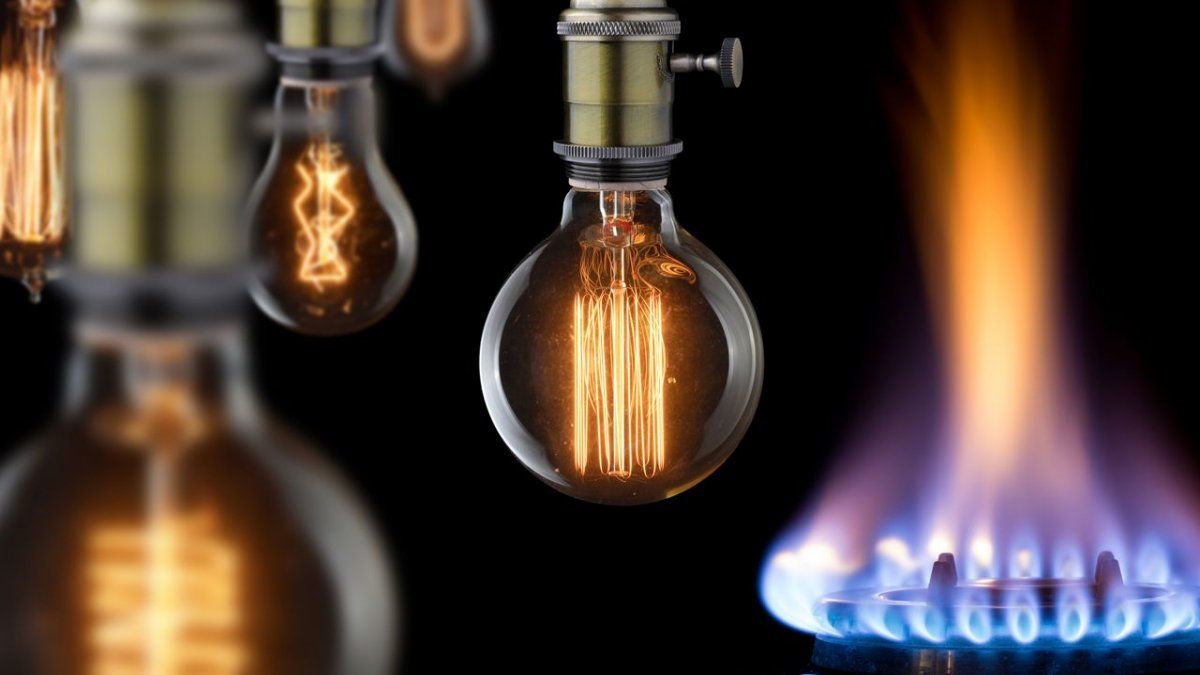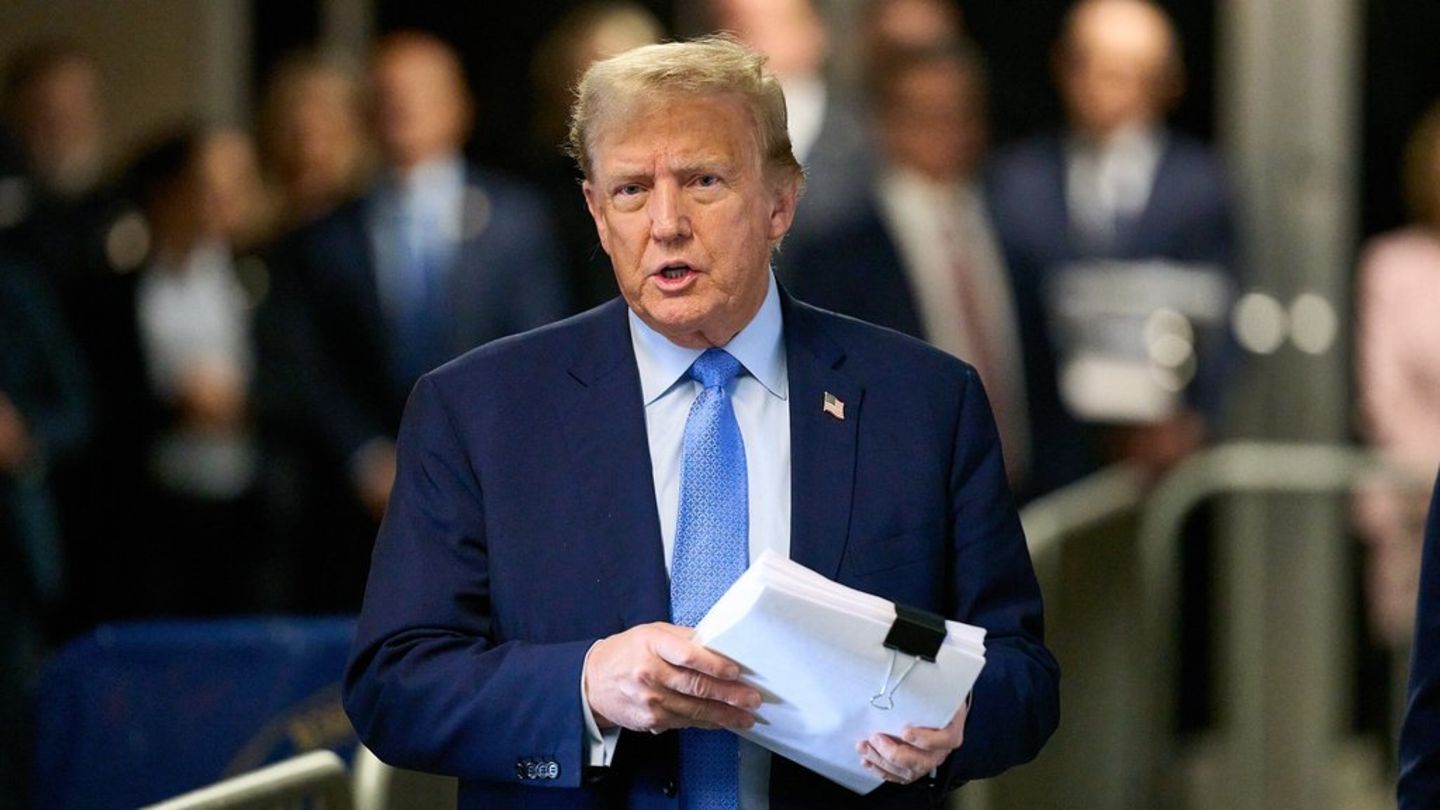As of June, The National Electricity Regulatory Entity (ENRE) will begin the process of comprehensive tariff review (RTI) of public services for the distribution and transmission of electricitywhich was systematically suspended since the Frente de Todos took office, so the last time it was held was in 2019.
ENRE sources explained that the process will just start in June, which will take several months. Within 30 days, what will be drawn up will be the development schedule and the guidelines that will govern the process. There, through a technical economic evaluation, the different quality of service parameters that will be imposed on the distributors will be determined. Edenor and Edesur for the five-year period 2024-2028.
Then, the investments in the electrical network, the sanctions regime and other quality parameters with respect to non-compliances must be defined. There will also be public hearings to evaluate the companies’ proposals. As the RTI applies to distribution and transportation, in addition to the Edenor and Edesur concessionaires, the review will impact Transener, Trasnoa, Transnea, Transba, Transpa, Distrocuyo and Transco.
From one of the companies they were in favor of the return of the RTI, but they remarked: “It is a pity that it has waited almost until the end of this management to carry it out.” They criticized that since the last increase, carried out in March 2019 under the management of Mauricio Macri, until now inflation has accumulated 664%, against a Value Added Distribution (VAD) that climbed 173%, taking into account what was applied in May 2021, March 2022 and April 2023.
“The companies were left in debt and with cash problems due to the freezing and then the delay of the last two increases,” said a source from the private sector. The companies will also demand that the ENRE be regularized and a contest is called so that “it is managed by technicians who know the sector”they stated. Currently the head of the ENRE is the auditor Walter Martello, who was the ombudsman of Buenos Aires and was appointed by the Minister of Economy, Sergio Massalast August.
On the other side, Marcos Rebasa, former director of the ENRE during Kirchnerism, and current member of the Scalabrini Ortiz Energy Institute, was pessimistic. “The RTIs were established with the start of the concessions in the 1990s, but with so many interruptions they lost their essence. They help the concessionaires say the expenses they are going to have and the investments they are going to make, but two problems arise from there,” he stated.
On the one hand, he assured that with these levels of inflation “it is difficult” for a company to make a projection of the works for the period 2024-2028. But, above all, because he considered that the investments that must be made to resume a service with fewer cuts “They have to be very important.” For this reason, Rebasa stated: “It is the only way to get out of the chaos of some neighborhoods and provide a reasonable service. But if they put what they really have to invest, the tariffs will logically have to be raised with high increases to solve the problems, or the State will have to intervene, but today its hands are tied with the IMF. So I think it’s hard for the RTI to hold, or to reflect real numbers.”
In fact, Rebasa also thought that the return of the RTI could be used to make changes in the actions of the ENRE. “The sentences to the companies are carried out ex post, when the service does not work. My opinion is that they have to be ex ante, control if the investments are made and if they were not executed, penalize them ”, he opined.
As soon as the Frente de Todos took office, one of the slogans repeated by economists close to Alberto Fernández was that in order to “become better” rates should not be frozen, in what Martín Guzmán, former Minister of Economy, considered as pro-rich subsidies. However, at the beginning of the government, the RTI was stopped on the grounds that “the shock of increases from 2016-2019 had to be reviewed”, and then with the arrival of the pandemic. However, sources from the Ministry of Energy revealed that By the end of 2020, Guzmán was told that, with the rate freeze and without monitoring investments, the system would hold out in the summer of 2021, but it would explode from the summer of 2022. “It was the chronicle of a death foretold,” recall the economists who were working at the Secretariat at the time.
Source: Ambito




